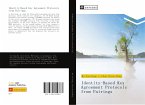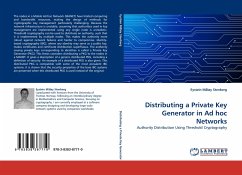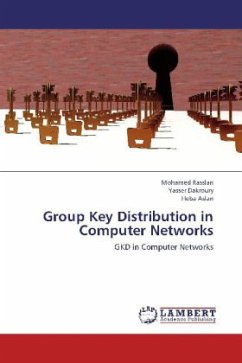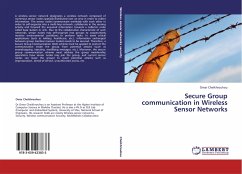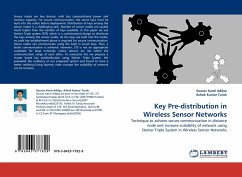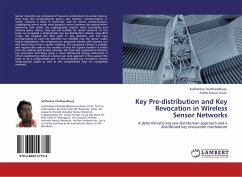Revision with unchanged content. Over the last 30 years the study of group key agreement has stimulated much work. And as a result of the increased popularity of ad hoc networks, some approaches for the group key establishment in such networks are proposed. However, they are either only for static group or the memory, computation and communication costs are unacceptable for ad-hoc networks. In this thesis some protocol suites from the literature (2d-cube, 2d-octopus, Asokan-Ginzboorg, CLIQUES, STR and TGDH) shall be discussed. We have optimized STR and TGDH by reducing the memory, communication and computation costs. The optimized version are denoted by uSTR and uTGDH respectively. Based on the protocol suites uSTR and uTGDH we present a Tree-based group key agreement Framework for Ad-hoc Networks (TFAN). TFAN is especially suitable for ad-hoc networks with limited bandwidth and devices with limited memory and computation capability. To simulate the protocols, we have implementedTFAN, uSTR and uTGDH with J2ME CDC. The TFAN API will be described in this thesis.
Bitte wählen Sie Ihr Anliegen aus.
Rechnungen
Retourenschein anfordern
Bestellstatus
Storno


